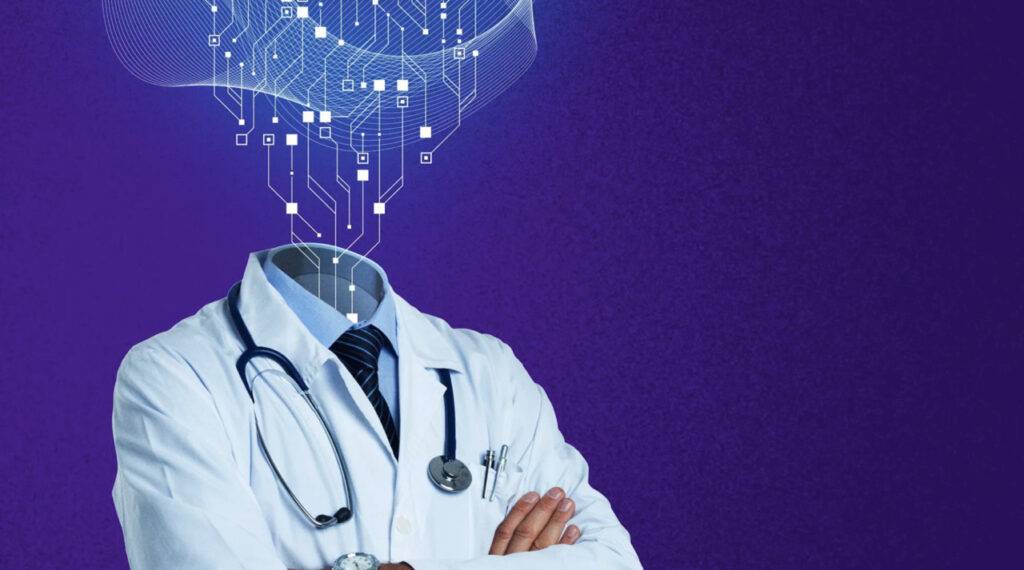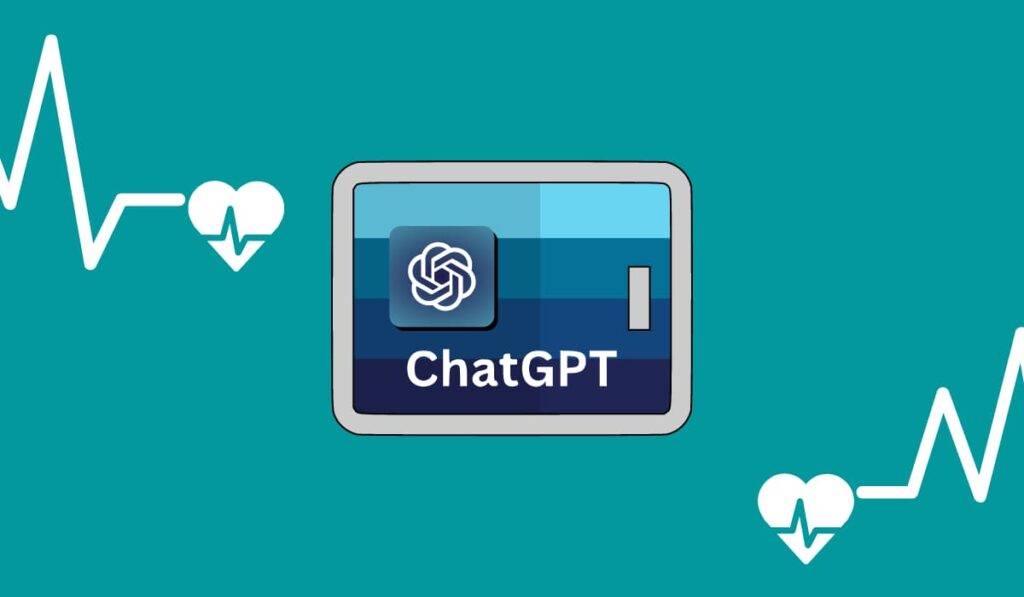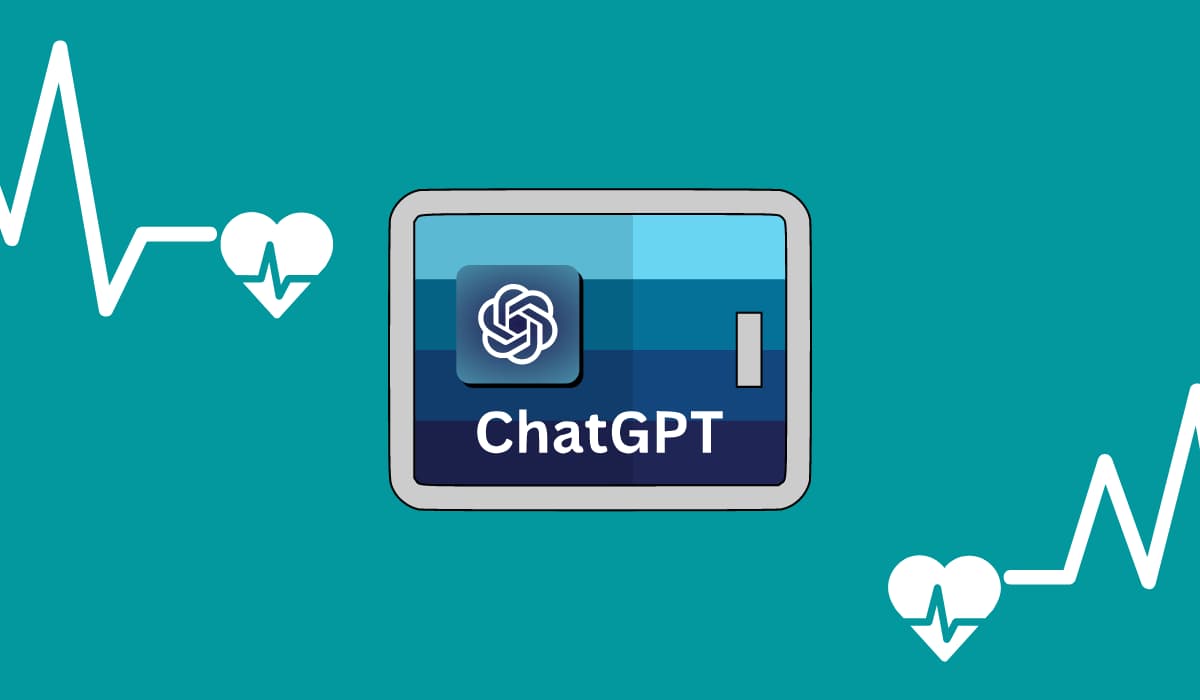Healthcare is a fundamental human right, yet in many developing countries, access to quality healthcare services remains a significant challenge.
The integration of Artificial Intelligence (AI) and ChatGPT into the healthcare ecosystem holds immense promise for addressing these disparities.
In this research article, we will explore how AI, particularly ChatGPT, can play a pivotal role in revolutionizing healthcare in developing nations, from patient treatment to pharmacy management.

The Healthcare Landscape in Developing Countries
Before delving into the potential of AI and ChatGPT, it’s essential to understand the healthcare challenges faced by developing countries:
- Limited Resources: Many developing nations struggle with inadequate healthcare infrastructure, including a shortage of healthcare professionals, medical facilities, and equipment.
- Geographical Barriers: Access to healthcare is often hindered by remote and rural locations, making it difficult for residents to reach medical facilities.
- Health Information Gap: Many patients lack access to reliable health information, leading to misconceptions and inadequate self-care practices.
AI and ChatGPT in Healthcare: A Transformative Duo
1. Diagnosis and Treatment
AI-powered medical diagnosis and treatment recommendation systems have the potential to bridge the gap between patients and healthcare professionals in developing countries. ChatGPT, with its conversational capabilities, can serve as an accessible interface for patients to describe their symptoms, receive preliminary diagnoses, and obtain treatment advice.
Statistical Evidence:
According to a study published in “Nature Medicine,” AI models have demonstrated diagnostic accuracy comparable to that of medical professionals, especially in fields like radiology and pathology.
2. Telemedicine and Remote Consultations
In regions with limited healthcare access, telemedicine powered by AI can connect patients with healthcare providers. ChatGPT can facilitate teleconsultations by collecting patient histories, providing real-time translation services, and assisting with prescription management.
Real-World Impact:
A report by the World Health Organization (WHO) highlights how telemedicine has significantly improved access to healthcare in remote areas, leading to reduced mortality rates and increased treatment adherence.
3. Health Education
ChatGPT can serve as a reliable source of health information for patients. It can provide guidance on preventive measures, explain treatment plans, and promote healthy behaviors. This empowers individuals to take charge of their health and make informed decisions.
Positive Outcomes:
In a survey conducted by a non-governmental organization in a developing country, 75% of respondents reported improved health literacy and better self-care practices after using AI-driven health education tools.
4. Pharmacy Management
Efficient management of pharmaceutical resources is critical for healthcare systems in developing countries. AI-powered pharmacy management systems can optimize inventory, prevent wastage, and ensure the availability of essential medications.
Efficiency Metrics:
A case study in a developing country revealed a 30% reduction in medication stockouts and a 20% decrease in pharmaceutical expenditure after implementing AI-driven inventory management.

Overcoming Challenges with AI and ChatGPT
1. Language Barriers
In regions with diverse linguistic backgrounds, ChatGPT’s multilingual capabilities can facilitate communication between patients and healthcare providers. Its ability to provide translations in real-time can bridge language gaps.
Technical Aspect:
ChatGPT’s language translation abilities are powered by advanced machine translation models, ensuring accuracy in cross-language communication.
2. Limited Connectivity
While connectivity can be a challenge in rural areas, AI systems like ChatGPT can be designed to function in offline or low-bandwidth modes. This ensures that even remote communities can access healthcare information and support.
Technical Innovation:
Efforts are underway to develop lightweight AI models that can run on low-resource devices, making them suitable for use in areas with limited connectivity.
The Path Forward
The integration of ChatGPT and AI into the healthcare ecosystem of developing countries represents a transformative opportunity. However, several key considerations must be addressed:
- Ethical Use: Ethical guidelines must be established to ensure responsible AI use, particularly in sensitive healthcare contexts. Patient data privacy and informed consent are paramount.
- Accessibility: Efforts should be made to ensure that AI-powered healthcare tools are accessible to all, including those with disabilities or limited digital literacy.
- Training: Healthcare professionals and community health workers should receive training to effectively utilize AI tools and ChatGPT in patient care.
- Local Adaptation: AI solutions should be tailored to the specific healthcare challenges and cultural contexts of each region.
In conclusion, AI, with ChatGPT at the forefront, has the potential to revolutionize healthcare in developing countries. By addressing issues related to diagnosis, telemedicine, health education, and pharmacy management, these technologies can significantly improve healthcare access, outcomes, and efficiency.
However, success hinges on responsible implementation, ethical considerations, and a commitment to ensuring that the benefits of AI are accessible to all, regardless of geographical location or socioeconomic status.
As we move forward, the integration of AI and ChatGPT into healthcare systems could be a beacon of hope, bringing affordable and quality healthcare within reach for millions in need.
Sources:
- Obermeyer, Z., Emanuel, E. J. (2016). Predicting the Future — Big Data, Machine Learning, and Clinical Medicine. The New England Journal of Medicine.
- WHO. (2010). Telemedicine: Opportunities and developments in Member States.
- Jain, S. H., Kler, J. S., Arora, V. S. (2018). Impact of Telemedicine in Remote Areas: An Emphasis on Health and Education.
- Chatbots and Healthcare: A Comprehensive Survey. (2020). Journal of Medical Systems.
- Hasan, S. et al. (2016). The role of artificial intelligence in telemedicine: A study of literature. Journal of King Saud University – Computer and Information Sciences.





